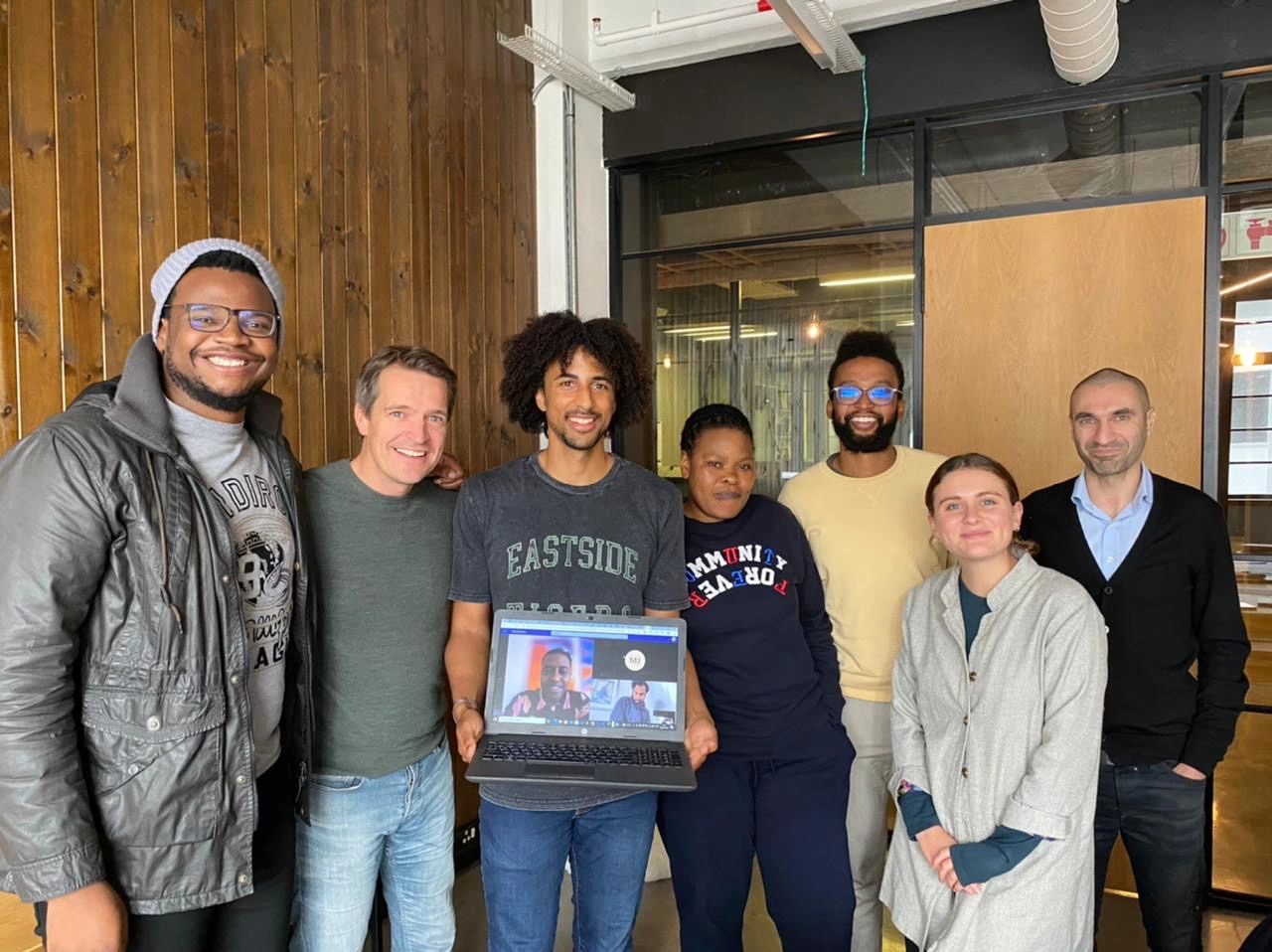South African startup, Qwili, has raised $1.2 million in seed funding to improve its operations.
The round was led by E4E Africa, a South African venture capital firm. Other participants include Strat-Tech, Next Chymia, Untapped Global, Codec Ventures, and angels like Ashwin Ravichandran and Kanyi Maqubela.
Qwili was launched by Luyolo Sijake (CEO), Thandwefika Radebe, and Tapfuma Masunzambwa in 2019. And it offers a hybrid sales product to South African micro and small merchants.
The startup’s hardware is a low-cost Near Field Communication (NFC)-enabled smartphone called the Qwili Pula, which allows merchants to send and receive payments.
Its software is available as an app for any smartphone or as an automatic installation on Qwili phones, which range in price from $60 to $70.
These smartphones are then converted into Point of Sale (PoS)devices, allowing merchants to sell value-added services like data and pay TV subscriptions, groceries, and clothing to their customers.
It takes a cut of every sale made through its app. Besides, its target audience consists of digitally excluded and unbanked customers.
Qwili refers to the mobile app as a “digital sales portal,” enabling micro and small merchants (agents) to sell goods and value-added services. Further, the app is intended for customers who are digitally excluded and unbanked.
Its typical customer is a seller without a physical store who sells digital products to local communities and networks informally.
Previously, the startup used a business-to-customer model where Qwili sold these devices to individual users who purchased value-added services through the platform’s digital wallet.
However, that model was unsuccessful because the phone did not pay off quickly enough, and digital services were not adopted as expected.
But the company noticed people were selling the device and software to others rather than purchasing services for themselves. Consequently, Qwili switched from a B2C to a B2B model.
According to the company, the platform is used by 500 micro and small merchants. It currently processes $75,000 in monthly Gross Merchandise Volume (GMV).
It also claims a 300% increase in turnover from Q1 to Q2 of 2022. After expanding into neighbouring Botswana, it plans to increase those numbers to $1 million from 3,000 merchants by the end of the year.
Qwili said it would use the investment to develop its app, hire new staff to improve its operations and develop capabilities, and produce its hardware.











